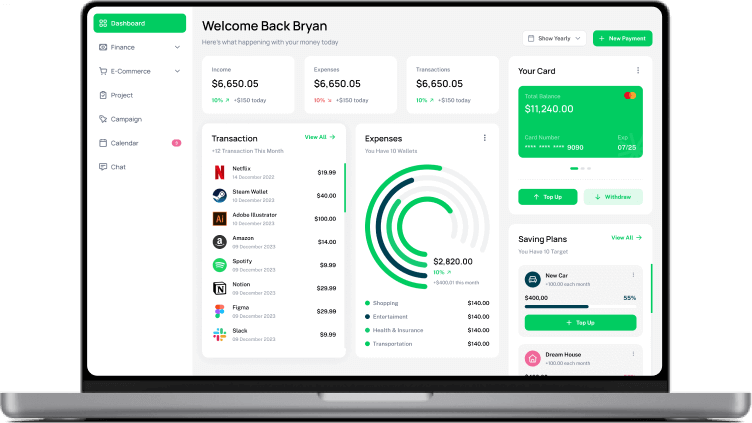Milestone
Definition: A milestone is a significant event or accomplishment that marks a critical point in the sales process. The indicator is used to measure the progress of the sales activities and guides the sales team, thereby aligning the sales efforts with the overall business goals.
Detailed Explanation
Sales milestones are key components of a structured sales process. They track the sale’s progression all the way from beginning to end with several stages—depending on the complexity and type of product or service. Setting up clear milestones allows a salesperson to better manage their pipeline and point to the specific place where attention is needed to progress the deal.
Some common milestones in sales include:
- Initial Contact: First interaction with a potential customer.
- Qualification: Finding out whether the prospect customer has the need, budget, and authority to purchase.
- Proposal Sent: E-mailing a detailed proposal or quote to the customer.
- Decision Maker Buy-In: Approval of all important stakeholders or decision-makers.
- Closure: Getting to the sale closed with a signed agreement or purchase.
- Follow-Up: Post-sale activities to ensure customer satisfaction and explore further opportunities.
Importance in the Sales Process
Milestones in the sales process need to be understood and leveraged for several reasons:
- Guidance and Focus: Milestones give the sales team a road map of what has to be done at every step of the sales process.
- Performance Measurement: Milestones can be predefined and progress evaluated; therefore, the sales team can measure their efficacy.
- Forecasting: These sales milestones allow teams to more accurately forecast when deals are likely to close due to movement through the various milestones of that deal.
- Resource Allocation: Knowing where every prospect is in the sales process helps allocate resources properly and ensures the focus of energies on the most promising opportunities.
Real-World Example
A software company might define milestones in its sales process, which could include steps such as the completion of the demo, the initiation of the trial, and negotiation. For instance, whenever a prospect agrees to try a software package, this automatically triggers some further support and follow-up activities to turn the trial into a complete purchase. This allows the company to move the prospects through the sales funnel effectively and, if there are some bottlenecks, to pay attention to them.
For instance, a car dealership would break these milestones down into such things as completion of a test drive, approval of financing, and the delivery of the vehicle. This will help salespeople know where a customer is at in the buying process and what they have to do next to actually close a sale.

